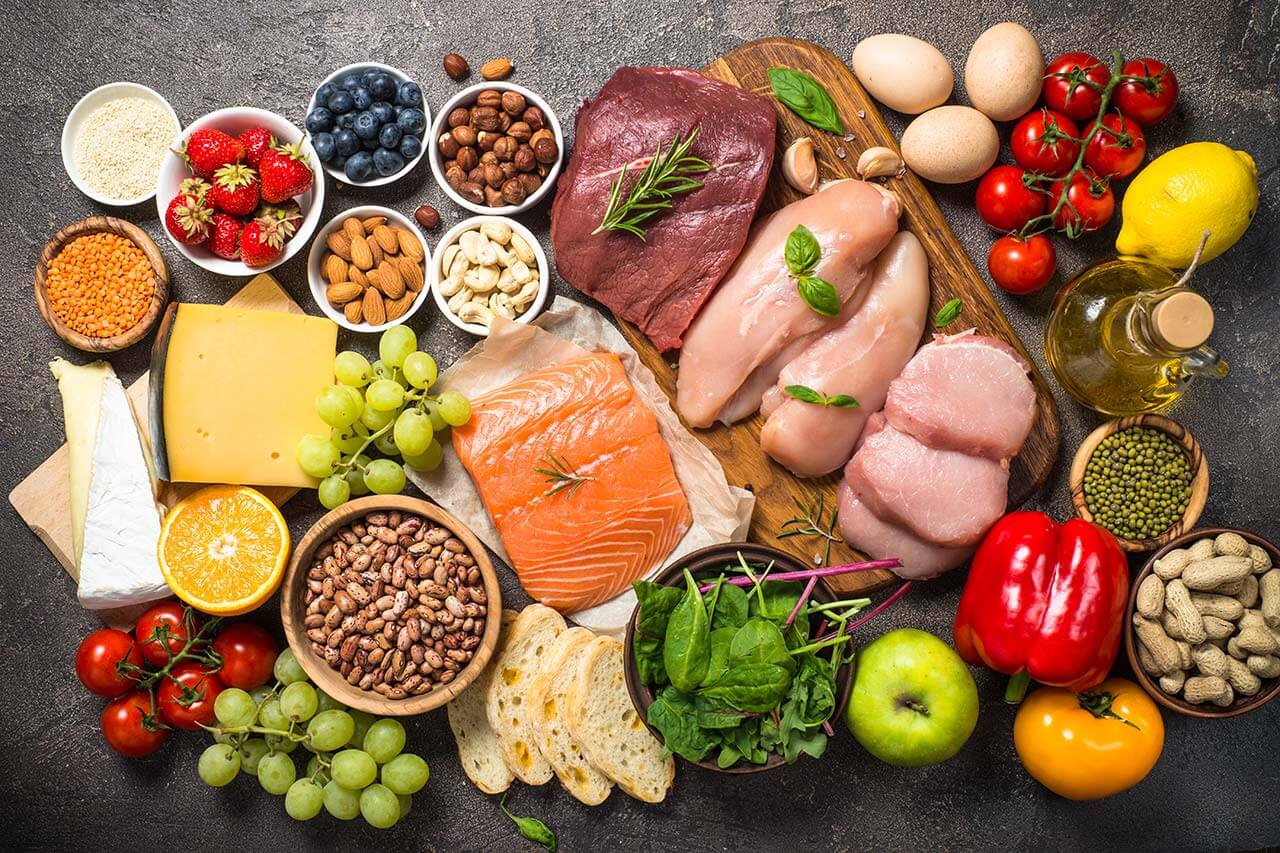







the The link between stress and nutrition is a central theme in the mental and physical well-being. What we eat can affect deeply about our ability to manage stress, improve mood, and prevent states of anxiety and depression.
follow A balanced diet is not only useful for taking care of physical health: it is a fundamental tool also for maintaining a serene mind and balanced.
when the body is under stress, the nervous system releases cortisol, the hormone that helps us respond to emergency situations. However, a state of chronic fatigue can lead to consistently high cortisol levels, causing inflammation, insomnia, drops in energy and cognitive difficulties.
the plays a crucial role in this process, highlighting the narrow correlation between stress and nutrition. A nutrient-poor diet can worsen the effects of this state of tension and mental fatigue, further compromising the mental well-being and increasing the risk of anxiety and depression.
a A substantial number of scientific studies have shown that eating food for the mind can positively affect the brain chemistry, promoting the production of neurotransmitters such as serotonin and dopamine, which are essential for regulating mood. According to a study published in the Journal of Affective Disorders, for example, following a diet rich in fruit, vegetables and olive oil, reduces significantly the risk of depression.
In addition Our intestine, not surprisingly often referred to as the "second brain", houses the microbiota, a population of bacteria that interacts directly with the central nervous system. A nutrient-rich diet supports health of the microbiota, improving mental well-being. Evidence also confirmed by research by Harvard University, which underlined the importance of certain foods, including fermented ones such as yogurt and kefir.

What We have seen, stress and nutrition are deeply connected. For take care of what you eat effectively, it is useful to follow some practical precautions: hydrate sufficiently, avoid skipping meals, Choose nutritious snacks and plan balanced, protein-rich meals lean carbohydrates, complex carbohydrates and healthy fats.
One functional drink for concentration such as S-Nap Shot is a support irreplaceable, to be integrated into an anti-stress eating routine to maintain Elevated cognitive performance even in the most challenging moments: find out how the Brain Fuel Formula helps you counteract fatigue mental.